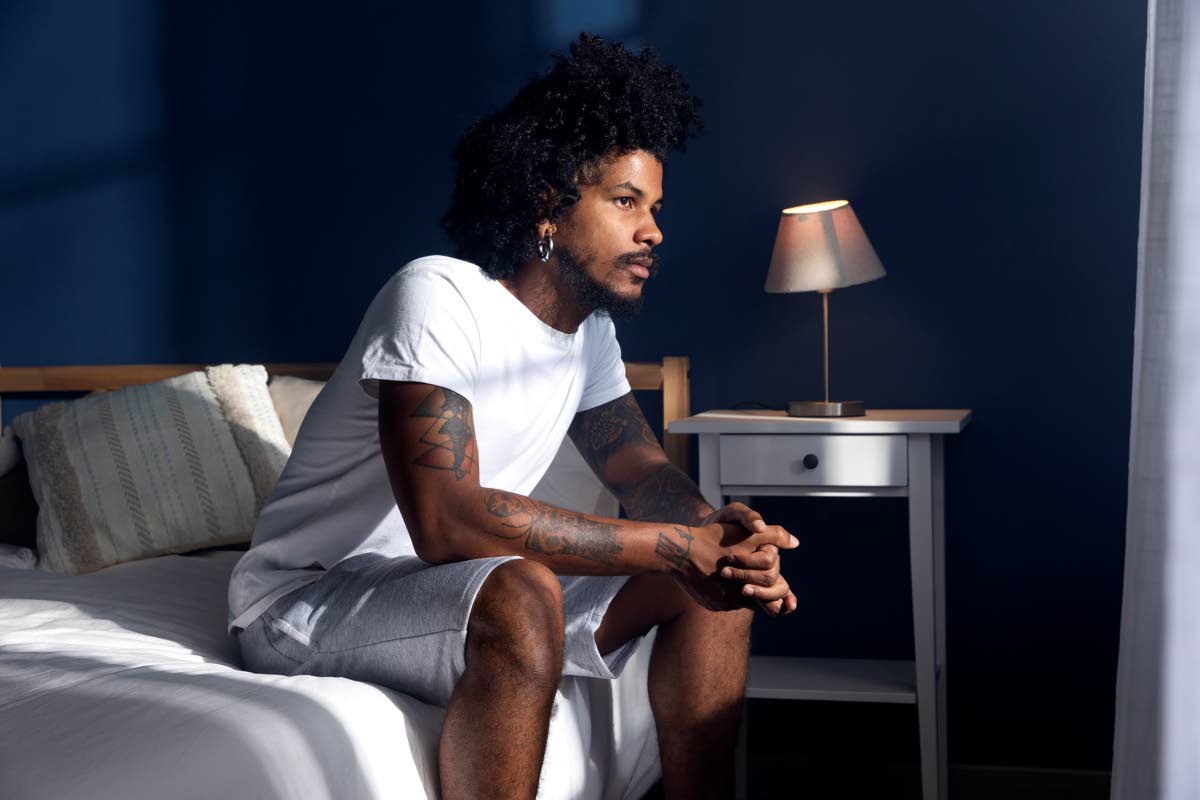When men receive a breast cancer diagnosis, their initial reaction is often disbelief, followed by questions about survival, sexuality, and masculinity. Dr. Nazreen Bhim, a clinical oncologist, highlights that breast cancer in men is frequently misunderstood as a ‘woman’s disease,’ leading to denial, delayed treatment, and heightened stigma. This misconception exacerbates the emotional burden men face, compounding the physical challenges of cancer treatment. Many men struggle with embarrassment, particularly when discussing issues like surgery scars, sexual dysfunction, or body-image changes. Dr. Bhim emphasizes the importance of normalizing language around breast cancer to reduce shame and encourage open dialogue. She advocates for pre-operative counseling, which includes discussing scar patterns, reconstruction options, and tattoo alternatives to help men prepare emotionally and physically. Masculinity and self-image play a significant role in how men process their diagnosis and recovery. Reframing treatment as an active, courageous choice rather than a loss of control can help align care with their sense of self. However, men often underutilize counseling and peer support due to societal conditioning around male strength and emotional restraint. Dr. Bhim recommends gentle but assertive encouragement to increase uptake of these resources. Early psycho-oncology referrals, male-inclusive support groups, and practical checklists for surgery or chemotherapy days can significantly improve coping and recovery. Dr. Bhim also calls for greater visibility and inclusion of men in breast cancer campaigns, urging the medical community and society to feature male survivors in media and expand genetic services to include entire families. Emotional healing, she stresses, is as vital as physical recovery, and men should be encouraged to seek help early through counseling, peer support, or faith-based guidance.
